Avoid saturated fats

Food that is high in saturated fat can raise your cholesterol levels, increasing the risk of clogged arteries, which can in turn lead to heart attacks. Some simple dietary changes can help. If you’re a meat eater, avoid the processed variety, and don’t have too much red meat like beef, pork or lamb. Chicken and turkey – with the skin off, of course – are much healthier.
Get more soluble fiber

High-fiber foods are extremely beneficial to not only your digestive system, but also the health of your heart, as soluble fiber can actually soak up the cholesterol in your system and keep it from clogging you up inside. Try whole grain bread in place of white, oatmeal, and pulses like beans, lentils and chickpeas, preferably the fresh whole foods variety.
Opt for low-fat dairy products

While not all fats are inherently bad, taking the lower fat option wherever possibly is one of the easiest ways to help bring your cholesterol levels down. Cutting out dairy completely can be a big help, or alternatively choose the lower fat options of milk, cheese, yogurt and cream.
Be sure to exercise

This one should be a bit of a no-brainer, but if you want to keep your cholesterol down, you need to stay active. This doesn’t necessarily mean turning into a full-time gym fanatic, but try to get at least two and a half hours of gentle exercise weekly (ie 30 minutes a day, five days a week). Working out is great, but walking will suffice.
Avoid trans fats

Any time the label lists ‘hydrogenated oil,’ they’re talking about trans fats, which is one of the worst things around for boosting your cholesterol. Foods that are heavy in trans fats include mass-produced baked goods, fried junk food, pizza, margarine and even microwave popcorn. Best to keep your consumption of such items to a minimum, or even cut them out completely.
Watch your weight

Hand-in-hand with taking regular exercise and reducing your fat intake is maintaining a healthy bodyweight. If you’re overweight, it’s more likely your cholesterol will be a very real concern. You don’t need to get super-skinny, but if you are carrying a little too much weight, it’s worth talking to your doctor about finding a sensible diet and exercise plan to trim down a little.
Eat less meat and more fish

A diet that’s heavy in red meat is likely to lead to dangerously high cholesterol levels. The carnivores among us might want to consider eating more fish instead, as this is low in saturated fats and high in heart-healthy omega-3 oils. However, as with meat, remember to go for fish that’s fresh, not the processed, frozen kind.
Try snacking on nuts

So many of the most popular snack foods are loaded with saturated and trans fats, which increase our cholesterol. By contrast, avocados, olives and nuts (preferably those that haven’t been roasted or salted) contain beneficial unsaturated fats and fiber. Just remember to snack on these in moderation, as nuts also have a high calorie count.
Give up smoking

Another thing that should probably go without saying by now is that smoking carries many severe health risks. Quite apart from causing cancer and respiratory diseases, tobacco smoke (including secondary inhalation) leads to an increase in your unhealthy low-density lipoprotein cholesterol levels, and clogs your arteries. Talk to your doctor and they can help with plans to break the habit.
Take time to unwind

It is well-established that high cholesterol and stress tend to go hand-in-hand. As simplistic as it may seem, one vital step in lowering your cholesterol levels is making sure you find enough time in your day-to-day life for rest and relaxation. Don’t work around the clock, get a full night’s sleep, and be sure to unplug and unwind now and then.
Educate yourself on fats
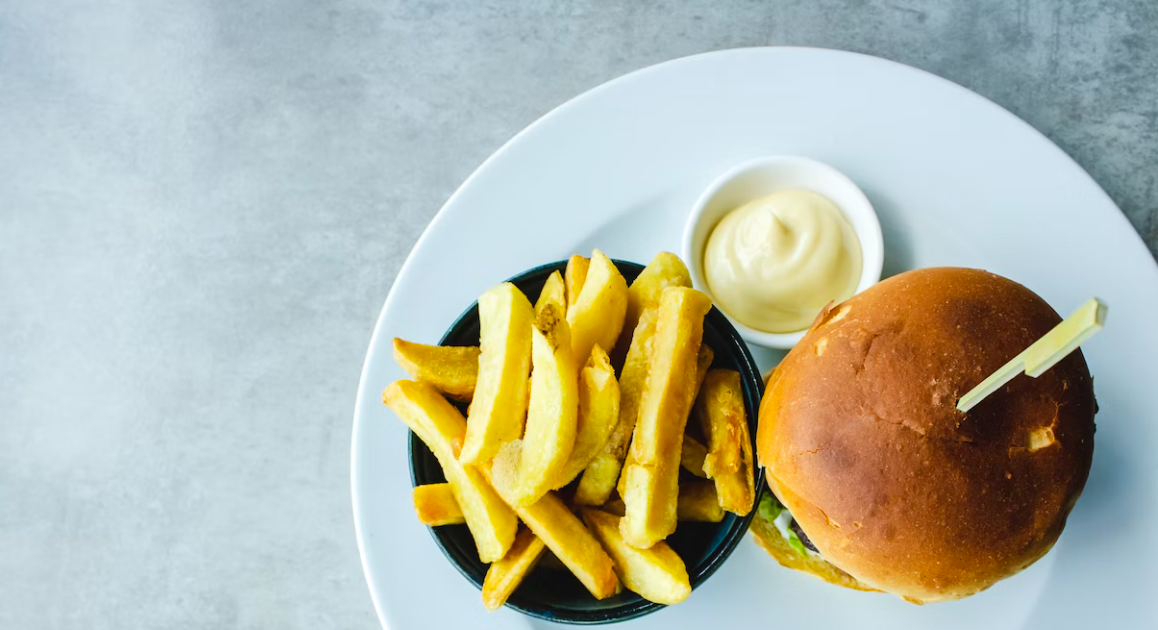
Educating yourself is the best first step you can take when it comes to keeping your cholesterol in check. Knowing what different fats are and which of them you should be eating will allow you to both lower your LDL cholesterol (referred to as ‘bad’ cholesterol) as well as increase your levels of HDL (otherwise known as ‘good’ cholesterol).
Limit alcohol consumption

Not only should you quit nicotine if you’re a smoker, but if you want to get serious about your cholesterol and your health in general, cutting back on drinking is a great way to start. Alcohol can raise triglycerides and cholesterol in the blood, and The Mayo Clinic recommends limiting drinks to one a day for women and up to to for men, maximum.
Add fish oil to your supplements
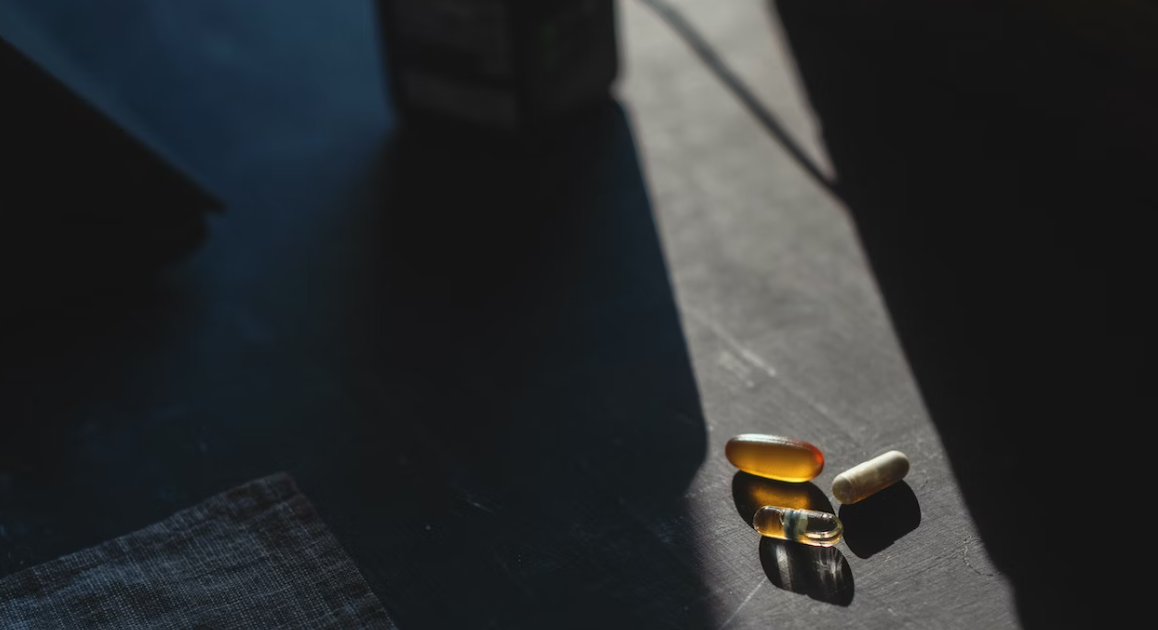
Adding fish oil into your diet is as simple as picking up some supplements and taking them daily. Fish oil is packed with healthy omega-3 fats which studies have shown can help to increase HDL cholesterol levels in your blood. If you’re looking to lower levels of bad cholesterol though, there’s no evidence that it affects LDL cholesterol levels.
Incorporate more flax into your diet
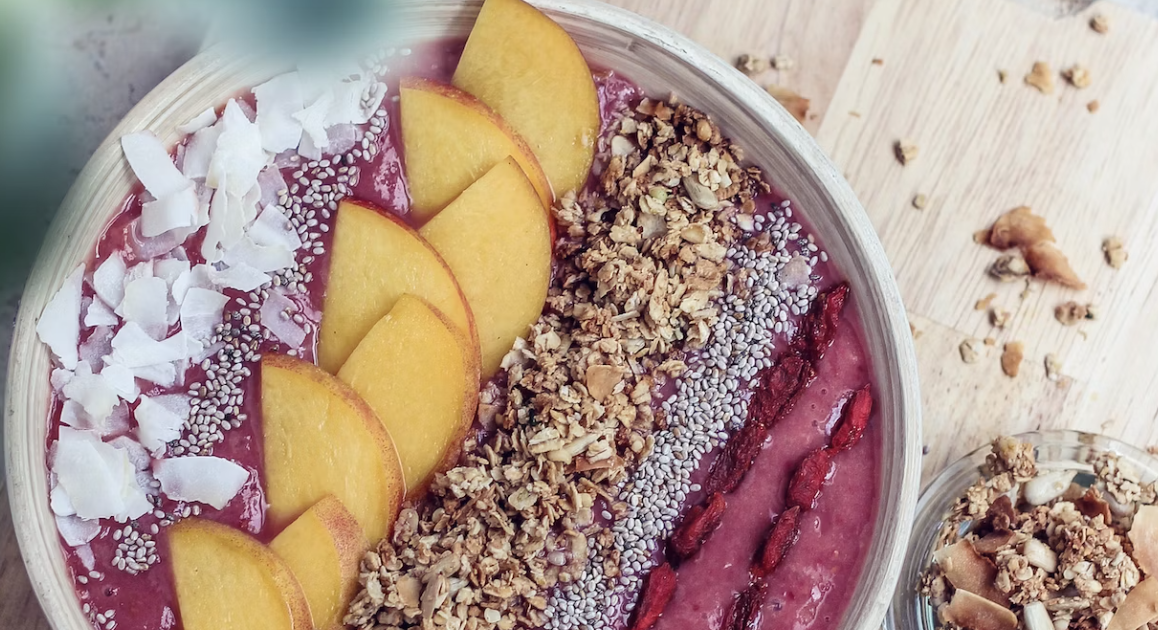
High-density lipoprotein (HDL) transports cholesterol to the liver which will then remove it from your bloodstream, helping to maintain a healthy balance of cholesterol within your body and lead to optimum health. Flaxseeds are a superfood because of the fact that they can raise HDL cholesterol levels within your body, so try adding some to your smoothie.
Learn about your family history

Not only does hereditary high cholesterol place you at increased risk for several deadly conditions such as diabetes and obesity, but familial hypercholesterolemia is a condition that can lead to extremely high cholesterol. Therefore, learning about your family history is a great way to ensure you can maintain healthy levels.
Switch your oils

Switching your source of fat while cooking is a very simple and easy method to ensure that you’re contributing to improving your health. Swap out the butter in your recipe for olive oil and you’ll be reducing the levels of saturated fat in your diet without even knowing it. Most plant oils like peanut oil, avocado oil, or canola oil are great options.
Eat more edamame beans
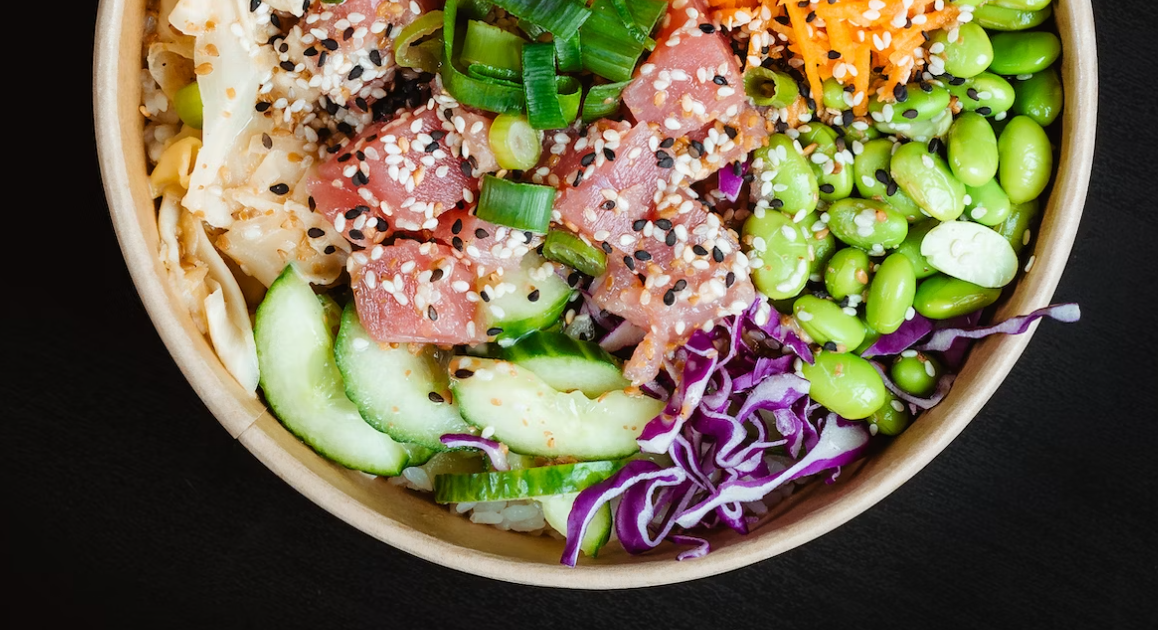
Studies show that eating soy products rather than meat products can vastly decrease your LDL levels, and edamame beans are a great and delicious way of reaping all the benefits soy has to offer. As well as links to decreased breast cancer rates, and reducing the symptoms of menopause, introducing edamame to your diet can help control cholesterol levels!
Try taking a statin
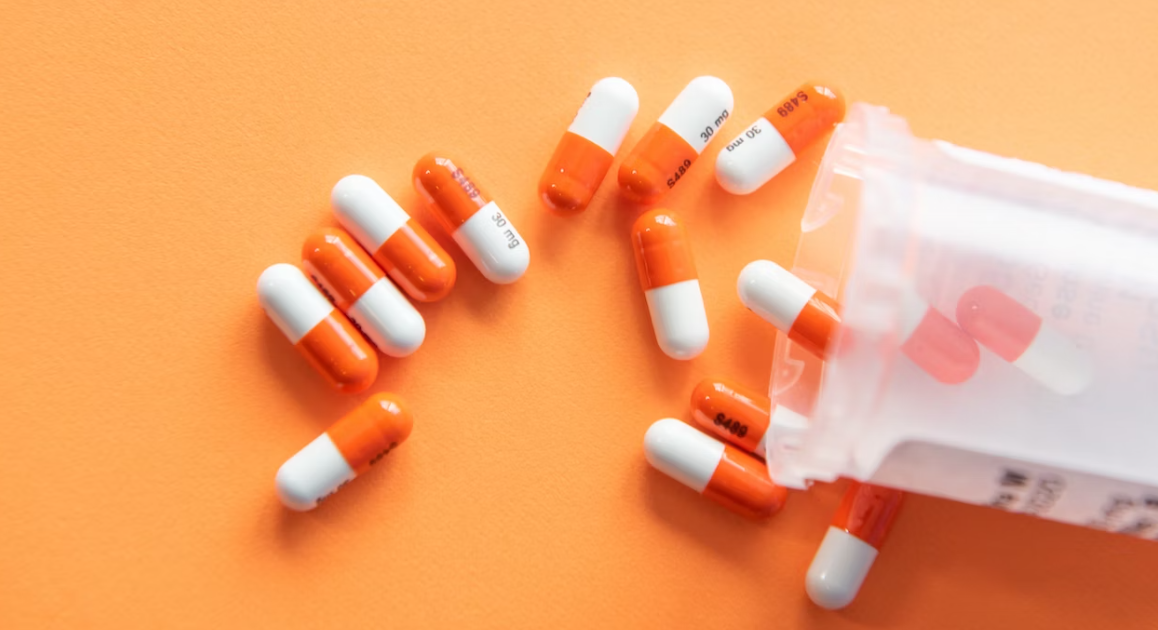
If your doctor is worried about cardiovascular diseases they may prescribe you a statin. These drugs are incredible in the way in which they stop your body from creating bad cholesterol from the fat in your diet by blocking the pathways that do so and are a great medicinal tool to control the levels in your blood.
Lower DHL cholesterol with plant sterols

Not only can you introduce sterols into your diet by simply purchasing orange juice that’s fortified with them, but you can also take sterols as a supplement, easily aiding your body to stop absorbing the cholesterol from fatty foods. They occur naturally in plants like vegetables, nuts, grains, and seeds too.
Look into a vegetarian diet

A vegetarian diet is generally high in fiber due to the number of plants and grains it traditionally involves, and eating vegetarian (or vegan) will help reduce your fatty meat and dairy consumption drastically. This means eating less of the food that can increase your bad cholesterol and eating more of the food that increases your good cholesterol.
Choose leaner cuts of meat
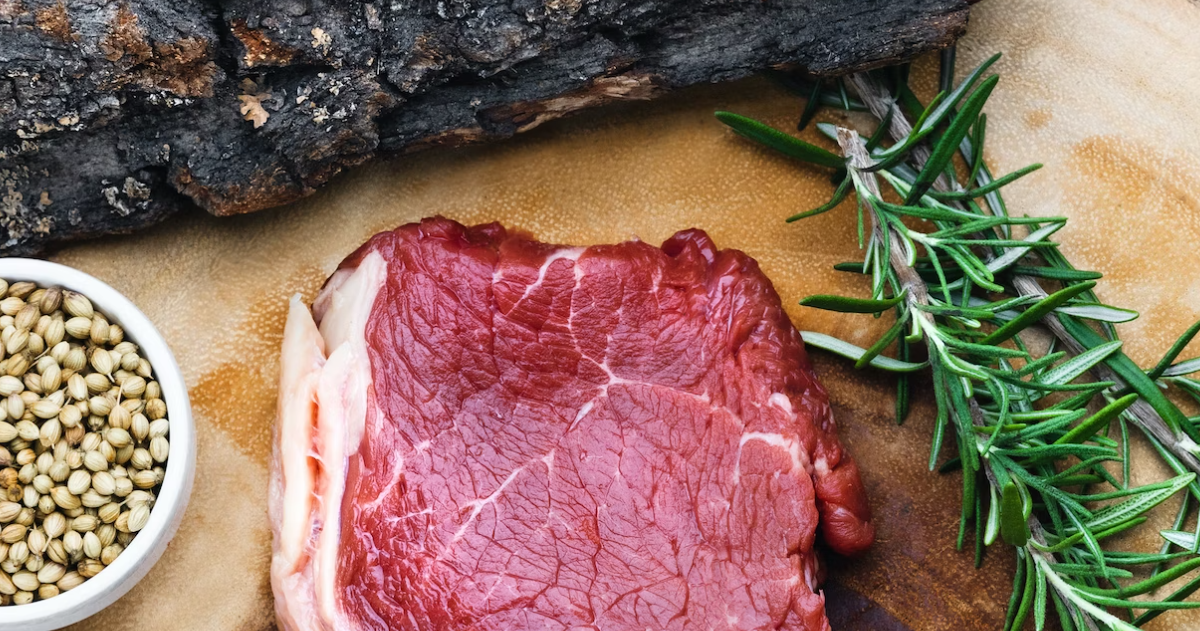
If you don’t want to cut out meat entirely, you can at least improve the meat you’re eating. One of the first things your doctor may suggest is to choose leaner cuts of meat, as well as make the switch from red meat to white. This is due to the fact red meats like beef are high in saturated fats so either trim the fat off your steak or opt for chicken instead.
Try a Ketogenic diet
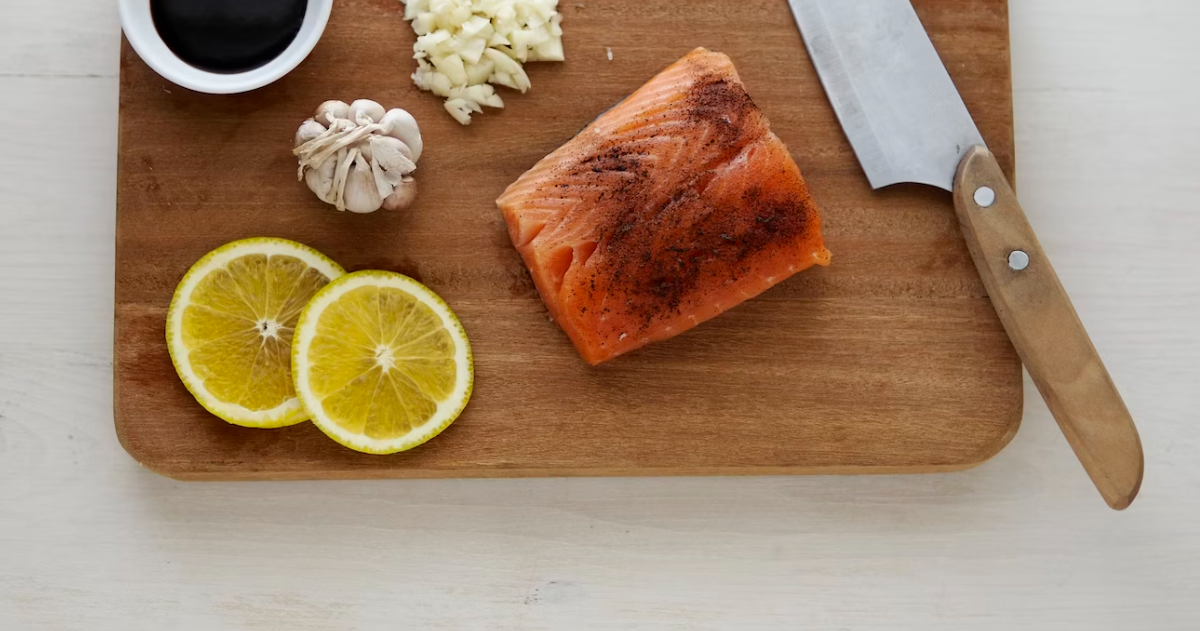
While it may sound like the opposite of general advice for keeping your cholesterol levels in check, there is evidence that utilizing a ketogenic diet in which high fat and protein is prioritized can actually help lower LDL levels while raising DHL levels. Remember to always speak to a healthcare professional before embarking on a big lifestyle change.
Focus on color
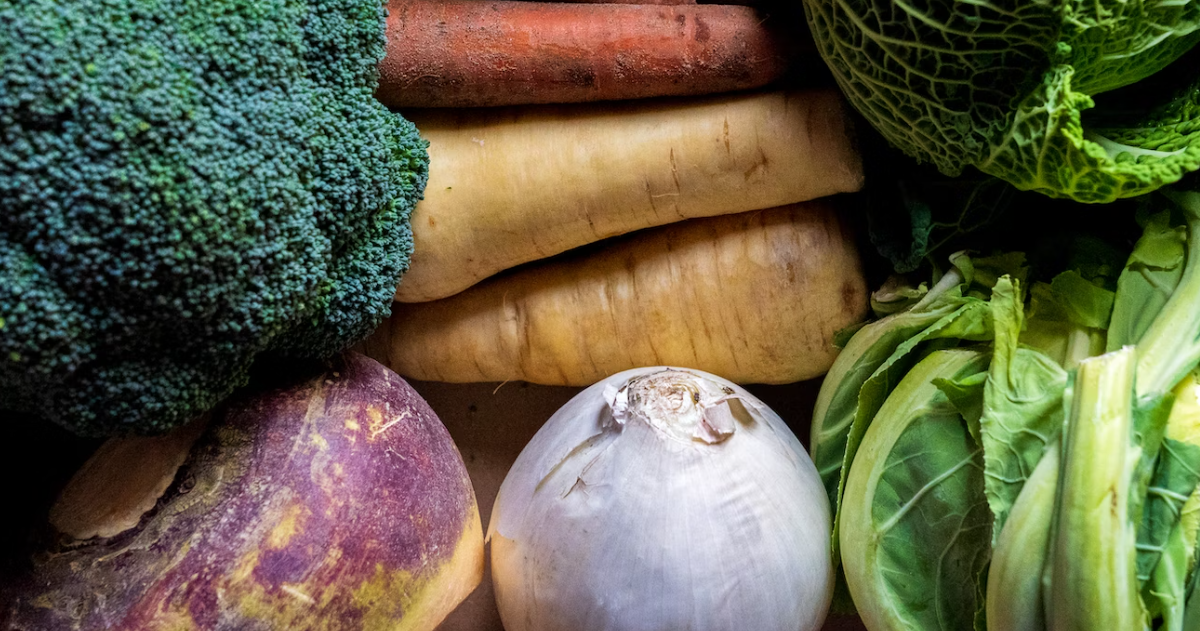
Most dieticians will agree that ensuring your diet is colorful and that you’re focusing on fresh food is the key to living a healthy life. That means avoiding foods that are heavily processed in favor of fresh fruits and vegetables. They’re usually high in soluble fiber and low in saturated fats. Eat the rainbow.
Boost unsaturated fats with avocado
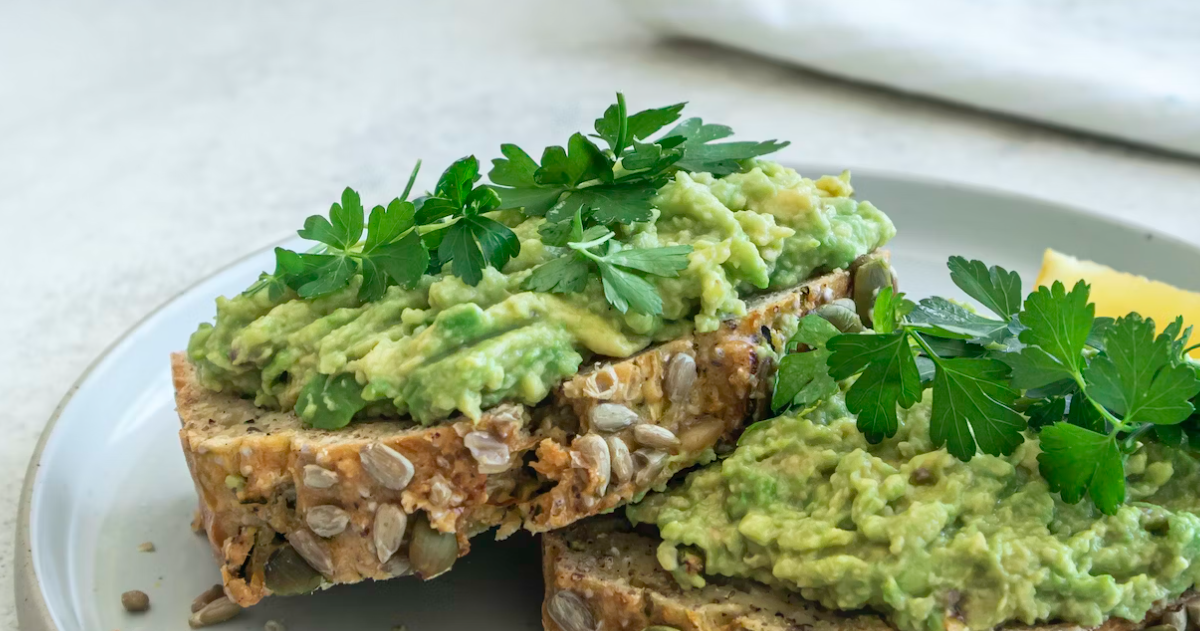
While saturated fats can contribute to unhealthy cholesterol levels, unsaturated fats can do the opposite. You can improve your consumption of unsaturated fats with the right oils, snacking on seeds, and even ensure you start your day with avocado toast instead of bacon.
Change your cooking methods

It’s an undeniable fact that butter is delicious. But it’s also full of saturated fats. The American Heart Association recommends that you use oils that have less than 4 grams of saturated fat per teaspoon. So instead of reaching for the butter, try out olive oil in your stew instead. It’ll change the flavor but possibly save your life.
Walk more

Losing weight is so important to ensure you have healthy heart health and take care of your cholesterol levels. But picking up a new gym routine isn’t as easy as it may seem. One easy way to involve more movement in your day is simply to walk more. Pick the stairs instead of the elevator and try walking to work instead of catching an Uber.
Use more spices
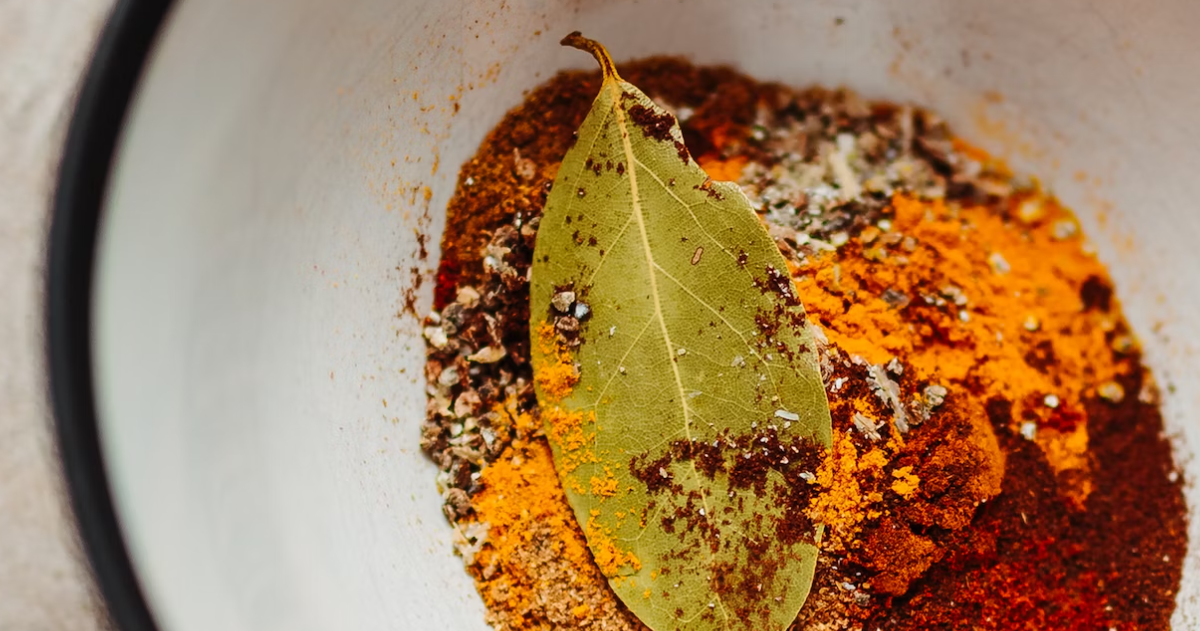
Far more than just a way to boost your chili recipe, or make your breakfast scramble even more delicious, spices are the real secret to boosting your health every day and controlling your cholesterol levels. Ginger lowers triglycerides and cayenne pepper can improve HDL cholesterol levels, meaning that learning to cook could be far more than just an impressive hobby.
Laugh more

You may have heard that laughter is the best medicine but in this case, the saying is completely true. Laughing more has been linked to higher levels of HDL (or ‘good’) cholesterol in the bloodstream, meaning that having a good time with your buddies may actually help you live longer.
Prioritize omegas

Omegas are essential fatty acids that can be the key to keeping you healthy and enjoying a good life. When it comes to controlling cholesterol levels in your blood in a positive way, you should be considering both omega 3 which you can find in fish, and omega 6 which is often found in sunflower seeds, tofu, eggs, and almonds.
Try out strength training

Moving more is often advised for those who are trying to lose some weight. But one thing you should really consider is trying out strength training. Building muscle helps your body burn more calories, which means that you’ll be able to lose weight without restricting consumption even further or exercising to extremes.
Look into Coenzyme Q10

While studies are still ongoing and this is new research, scientists have found that Coenzyme Q10 can decrease LDH cholesterol levels. While it is found naturally occurring in some food, to see an improvement in levels of Coenzyme Q10 in the body you’ll need to take a supplement that is available in various forms.
Take psyllium
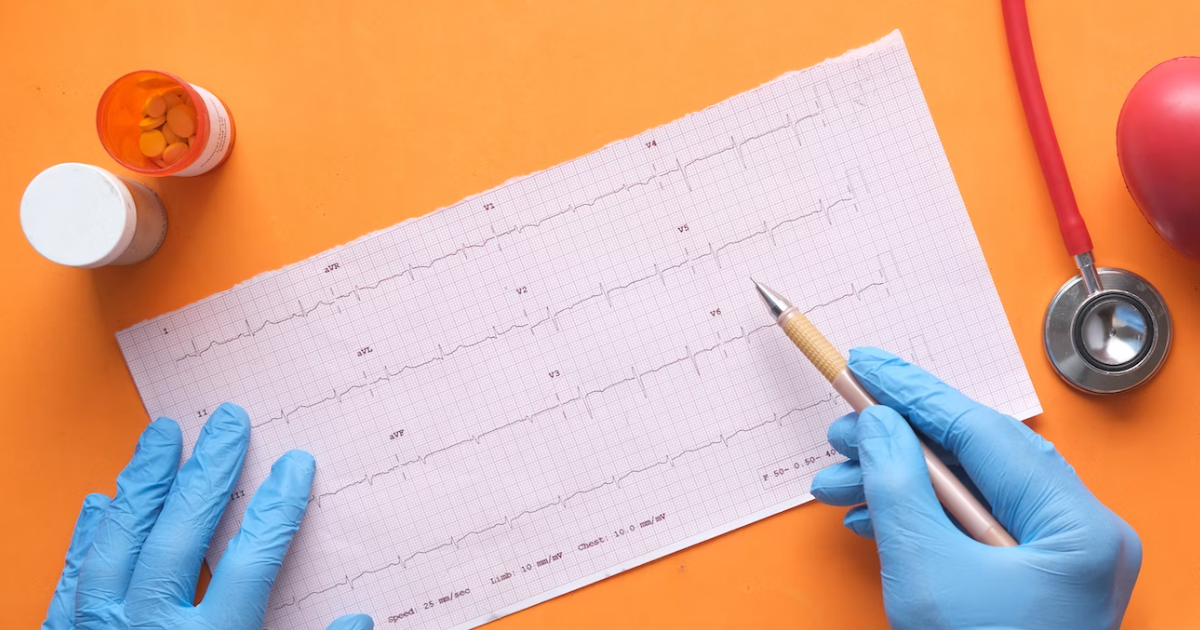
You may be more familiar with psyllium as a gentle laxative, but the soluble fiber is capable of much more. In combination with statins which may be prescribed by your doctor, psyllium can help lower the levels of cholesterol in your body, reducing the chances of developing heart disease.
Eat more garlic
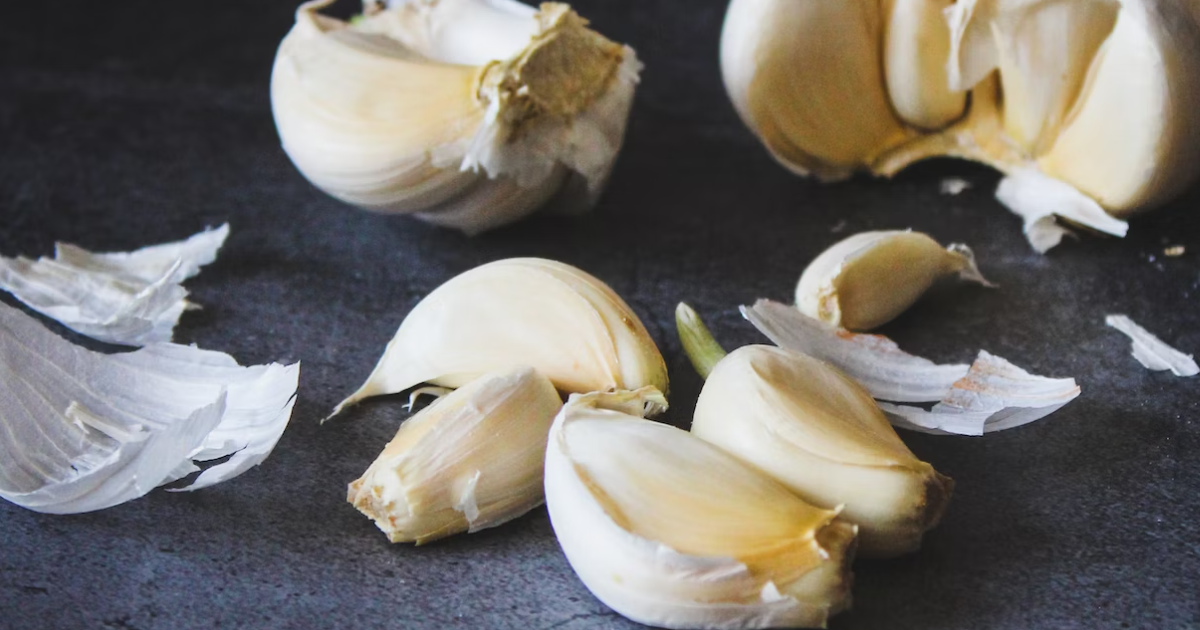
Garlic has long been utilized for its medicinal qualities. If you get ill, you may be advised by your grandmother to make sure you’re cooking with lots of chili and garlic! But in the case of heart health, the amount of garlic needed to have a major effect is quite large, meaning you might want to consider using a garlic supplement instead.
Drink more green tea
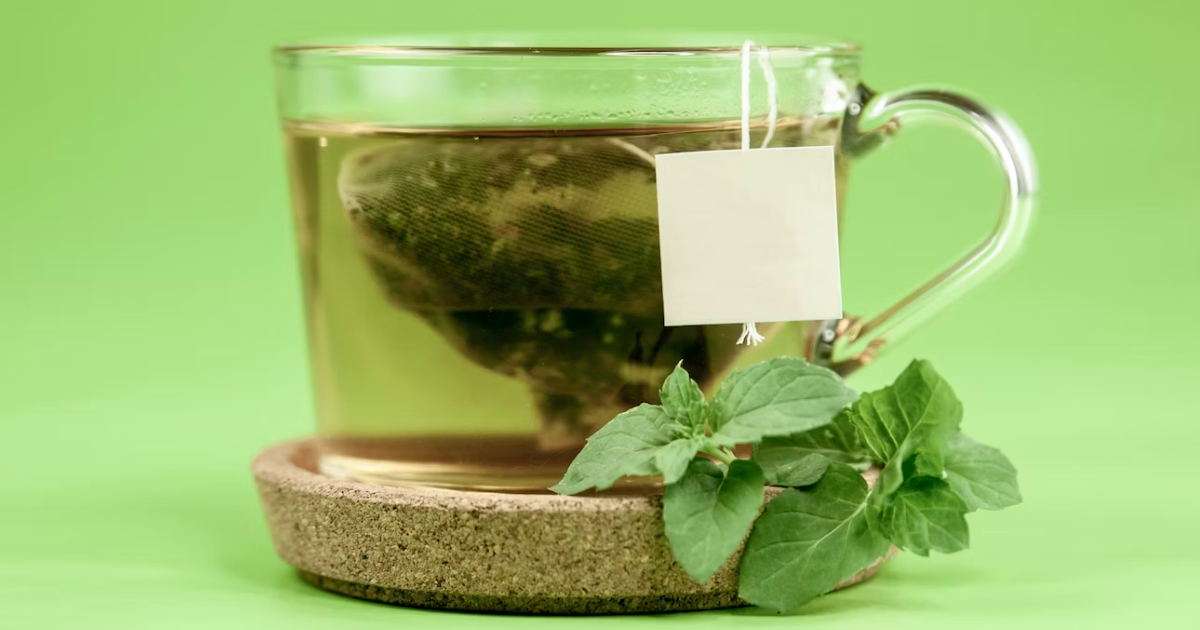
Green tea is packed full of incredible anti-oxidant properties. It’s a real miracle drink, and once you discover the benefits there’s no way you’re picking black coffee over green tea again. Researchers believe that catechins within the tea are responsible for the cholesterol-lowering benefits, meaning you can also reap the reward from black tea!
Improve HDL cholesterol with niacin
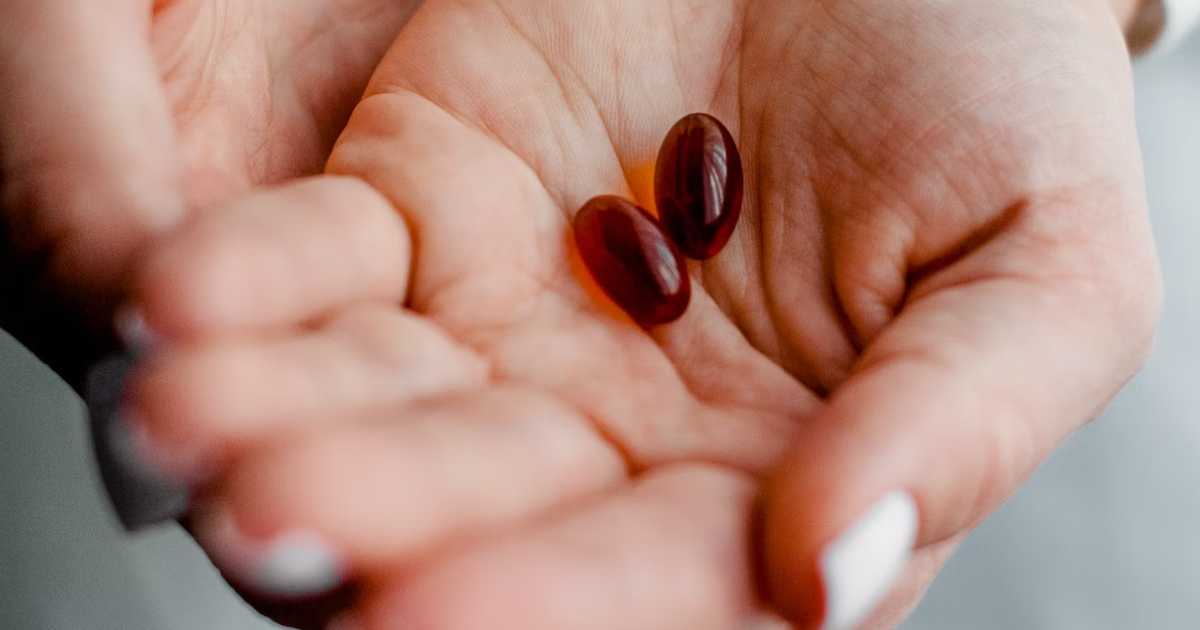
Niacin is a type of B vitamin that has been proven to increase levels of HDL cholesterol and lower triglyceride levels. At higher dosages, it can be prescribed but as a general supplement, you’ll be able to pick it up and start taking it today. Many doctors are actually advising patients to utilize it alongside their statins.
Opt for healthier snacks
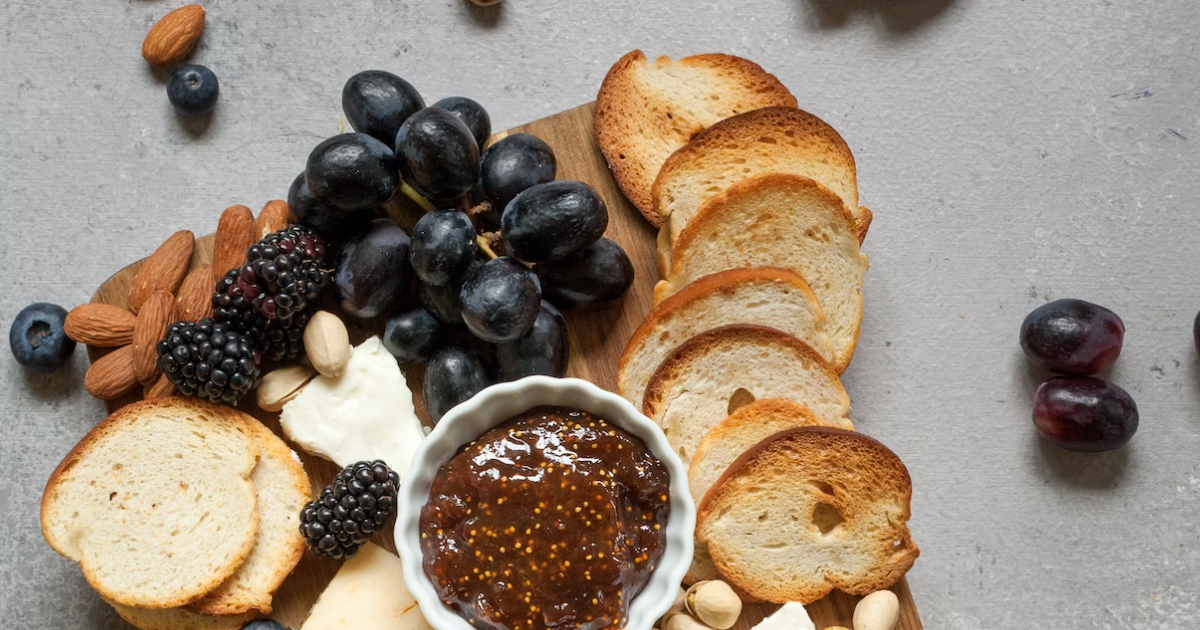
Whether you’re looking to lose weight, incorporate more unsaturated fats into your diet, or boost your antioxidant levels, one of the most effective ways to make a change is through thinking about your snacking habit. Processed snacks are available everywhere and are cheap to purchase, but with a little effort, you can improve the quality of foods you reach for. Nuts, berries and seeds are fantastic snack choices.
Eat more dark chocolate
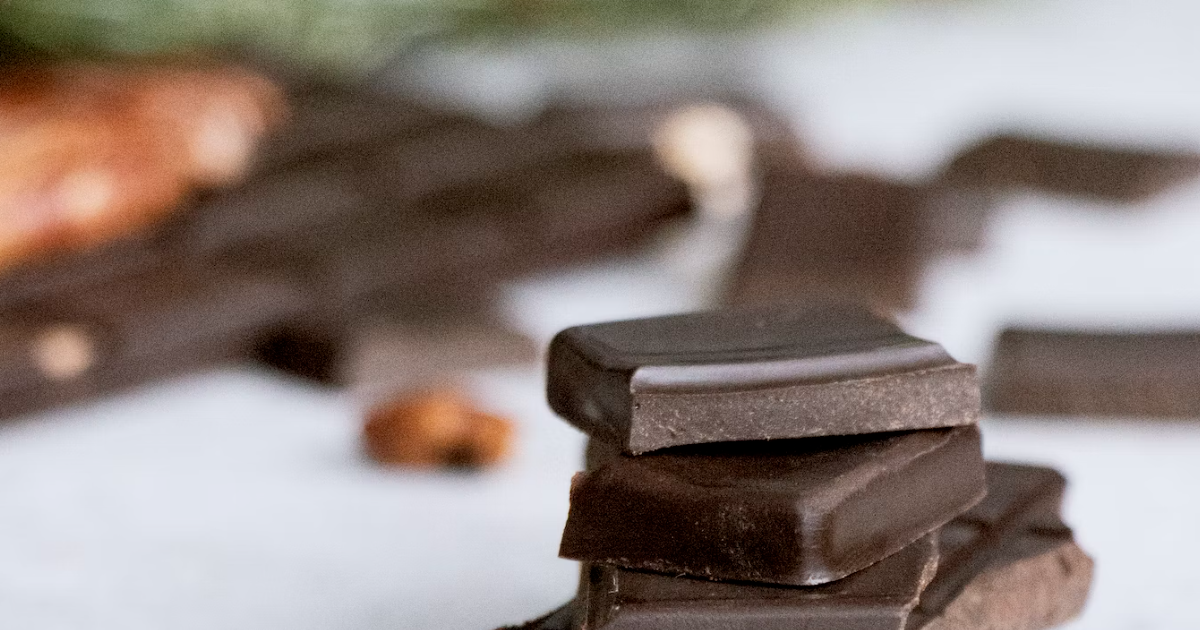
Any diet advice that involves you eating more chocolate seems like a great one, right? The main ingredient in a lot of dark chocolate is cocoa which has been linked to lowered levels of LDL cholesterol in the blood. Just be careful to choose a chocolate that’s low in sugar to keep it a healthy treat or snacking option.
Add more dark leafy greens to your diet

In the last ten years, kale had a viral moment, and then became the butt of a lot of bad online jokes. But it’s genuinely a great addition to your diet. Any dark leafy greens like kale or spinach can bind to bile acids and help the body excrete cholesterol, helping to lower overall levels within the blood.
Try red yeast rice
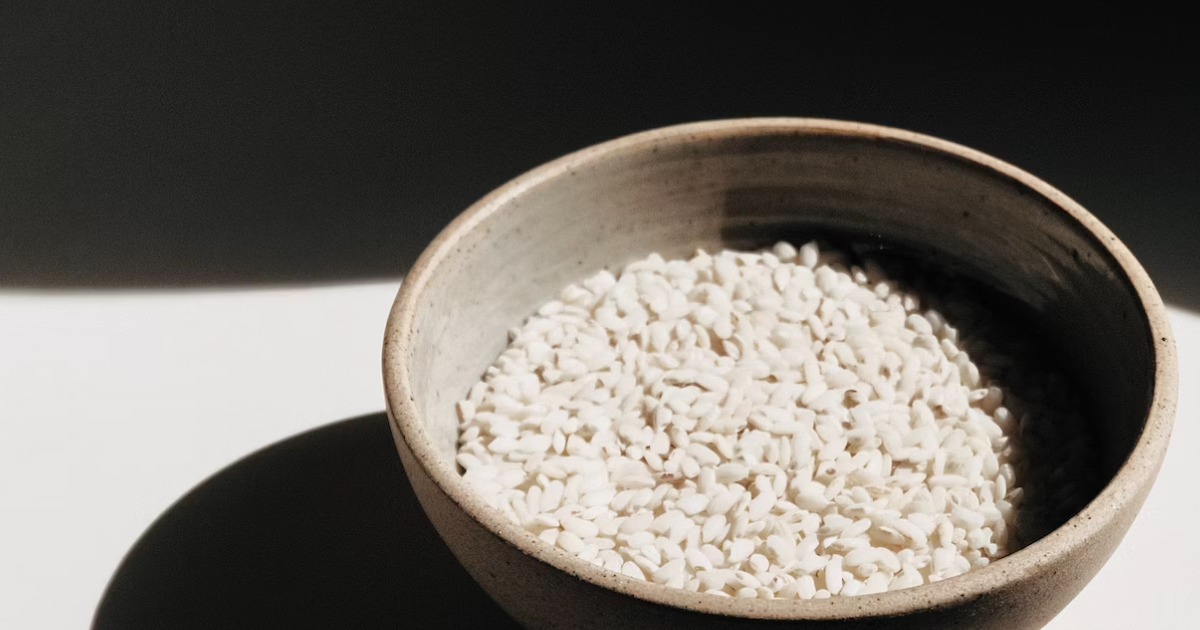
You may have not considered swapping your white rice for red yeast rice but it is a concept that should be explored if you’re serious about your heart health. Red yeast can stop the action of an enzyme within your body that helps produce cholesterol, and you can see the effects of incorporating red yeast rice into your diet in as little as six to eight weeks.
Keep in touch with your doctor

One of the best tips to keep your cholesterol in check is simply ensuring that you’re visiting your general practitioner often, and learning about your own cholesterol levels. This will help you act early if you start to see heightened levels of LDL cholesterol. Prioritize your health and put yourself first.